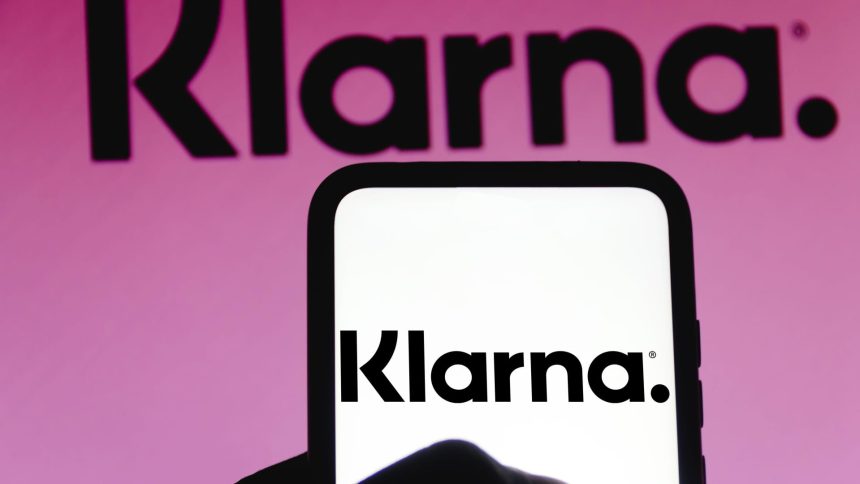Swedish financial technology company Klarna said Tuesday that nearly 9 out of 10 employees in its 5,000-strong workforce are now using generative artificial intelligence tools in their daily work.
Klarna, which lets individuals split their purchases into interest-free, monthly installments, said over 87% of its employees are using generative AI tools, including OpenAI’s ChatGPT and its own internal AI assistant.
The biggest users of generative AI in the company are those in non-technical groups, such as communications (92.6%), marketing (87.9%) and legal (86.4%), Klarna said.
At those rates, Klarna is seeing much higher adoption of generative AI within the company than in the broader corporate world.
According to a survey by consultancy firm Deloitte, 61% of people working with a computer use generative AI programs in their day-to-day work — sometimes without their line manager being aware.
Klarna has its own internal AI assistant, called Kiki.
According to the firm, 85% of all its employees now use Kiki, and the chatbot now responds to an average of 2,000 queries a day.
Key uses of generative AI
Klarna said a key use of generative AI — namely, OpenAI’s ChatGPT — by its communications teams was in evaluating whether press articles written about the company are positive or negative.
Klarna’s lawyers are using ChatGPT Enterprise, the business-grade version of OpenAI’s tech, to create first drafts of common types of contract, cutting the hours it takes to draft up a contract.
“You still need to adapt it to make it work for your particular case but instead of an hour you can draft a contract in ten minutes,” Selma Bogren, senior managing legal counsel at Klarna, said in a press statement.
AI as a boon to the bottom line
Klarna has been touting AI as a major boon to its bottom line as the company has pushed to steer its narrative away from the heady days of 2020 and 2021.
In those years, the environment for technology companies like Klarna was characterized by massive increases in spending on hiring and growing at all costs, thanks to the availability of cheap capital.
In 2022, Klarna laid off around 10% of its global workforce in an effort to cut down costs and prepare its business for economic turbulence caused by Russia’s invasion of Ukraine.
The company’s valuation shrank 85% to $6.7 billion in 2022 from 2021.
Klarna has said its decision to cut jobs en masse has paid off, while adoption of AI has enabled its underlying business to become more profitable.
The firm reported its first quarterly profit in four years for its September quarter, which it attributed to a reduction of credit losses as well as investments into AI.
In February, Klarna said its AI chatbot was doing the work of 700 full-time customer service jobs, netting the firm $40 million in savings.
The news caused shares of French outsourcing giant Teleperformance to tumble by nearly 20% as investors feared AI would disrupt the company’s own profitable call center business in the future.
Read the full article here




